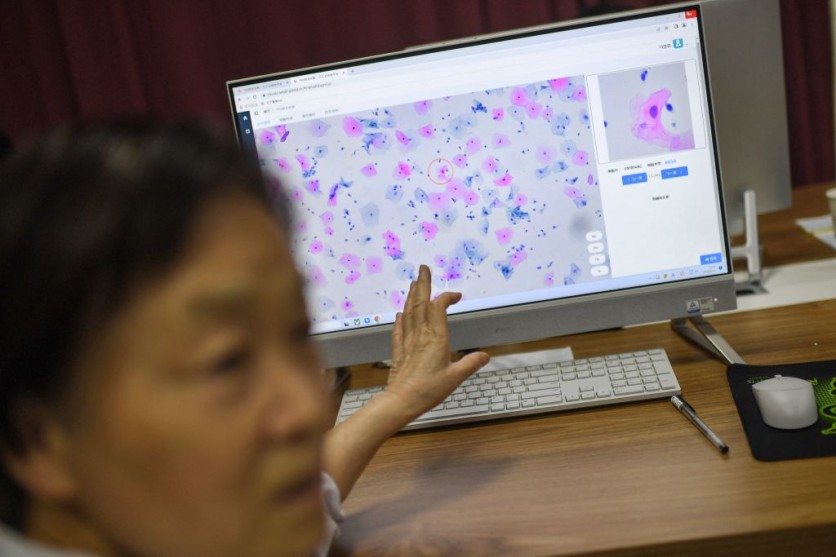Researchers from the Korea Institute of Machinery and Materials (KIMM) and the Korea Research Institute of Bioscience and Biotechnology (KRIBB) may have just achieved a major breakthrough in the field of cancer treatment.
They have developed a three-dimensional (3D) bioprinting technology that utilizes natural killer cells (NK cells) for immunotherapy against cancer.

3D-printed Hydrogels
In traditional immunotherapy approaches, the intravenous injection of NK cells has not yielded satisfactory results in treating solid tumors due to the cells' limited viability and inability to effectively target the tumors.
However, the new 3D bioprinting technology developed by Korean research institutes addresses these challenges. The key to the success of this innovative approach lies in the encapsulation of NK cells within 3D-printed hydrogels.
This technique prevents the loss of NK cells and enables a significant number of these cells to specifically target tumor cells. The hydrogel structure forms pores through which NK cells can be released over time, allowing them to perform their immune functions effectively.
By culturing NK cells in a 3D environment, their viability and activity are enhanced, making them more capable of combating cancer tissues. The use of this technology represents a significant improvement in the functionality of NK cells for cancer treatment.
Read Also : DeepMind's AlphaFold AI Develops Molecular Syringe That Can Help Cure Cancer, Treat Tumors
Improving the Functionality of NK Cells
Principal Researcher Su A Park from KIMM expressed optimism about the potential impact of this technology on cancer patients. They stated, "This technology can help to significantly improve the functionality of NK cells that are used for cancer treatment. We expect to contribute to the treatment of cancer patients through this newly developed technology."
The research project received support from the Ministry of Science and ICT, the National Research Foundation of Korea, and the Convergence Research Center of the National Research Council of Science and Technology. These funding initiatives have enabled the development of this 3D bioprinting technology and its potential applications in cancer treatment.
The ability to utilize 3D bioprinting to enhance the effectiveness of immunotherapy represents a significant advancement in the fight against cancer.
By improving the viability and targeting capabilities of NK cells, this technology has the potential to revolutionize cancer treatment and provide new hope for patients worldwide.
While further research and clinical trials are necessary to validate the efficacy of this approach, the initial results are promising. The collaboration between KIMM and KRIBB may serve as an important milestone in the ongoing efforts to find innovative solutions for combating cancer.
The findings of the team were published in the journal Biomaterials Research.
Related Article : Magnetic Nanoparticles To Prevent Lung Cancer! Triggering Anti-Cancer MicroRNA! Efficiency, Safety, and Other Details

ⓒ 2026 TECHTIMES.com All rights reserved. Do not reproduce without permission.




